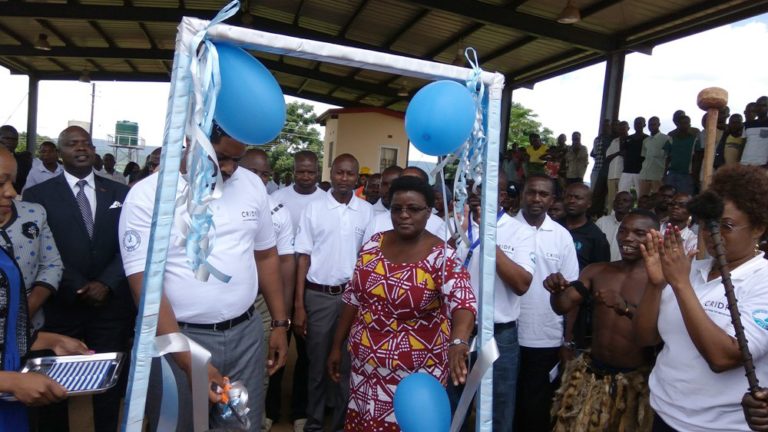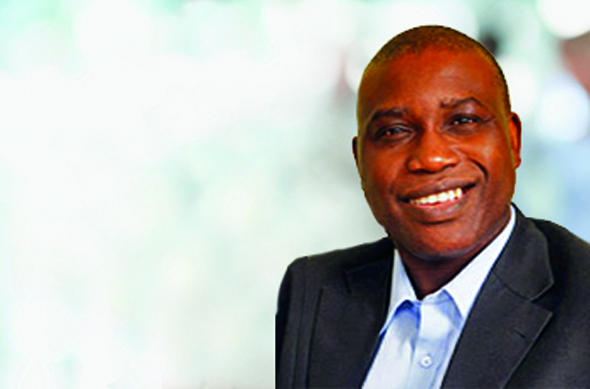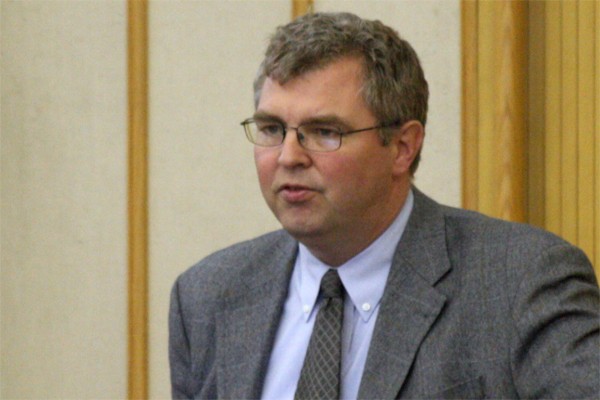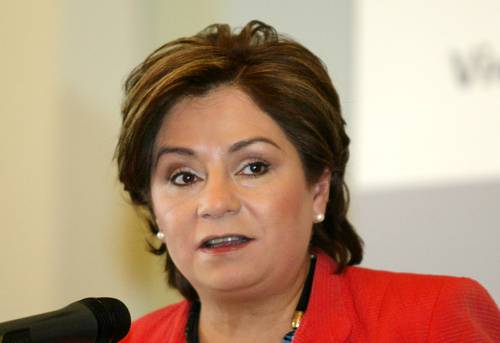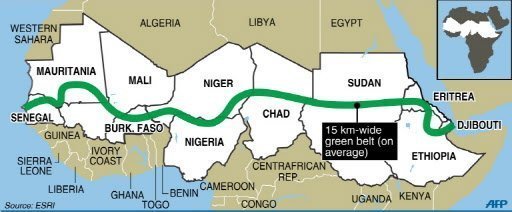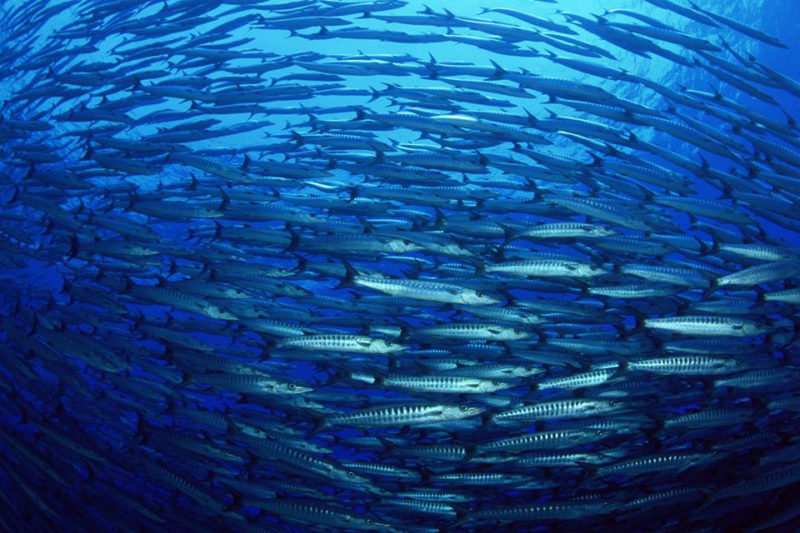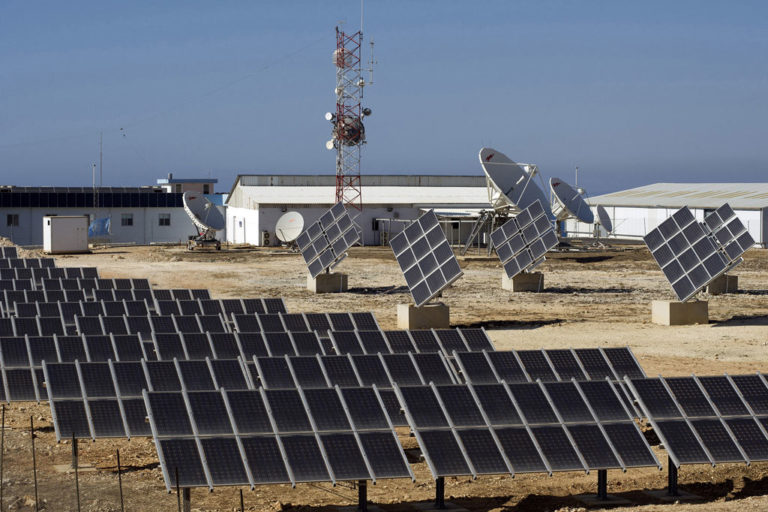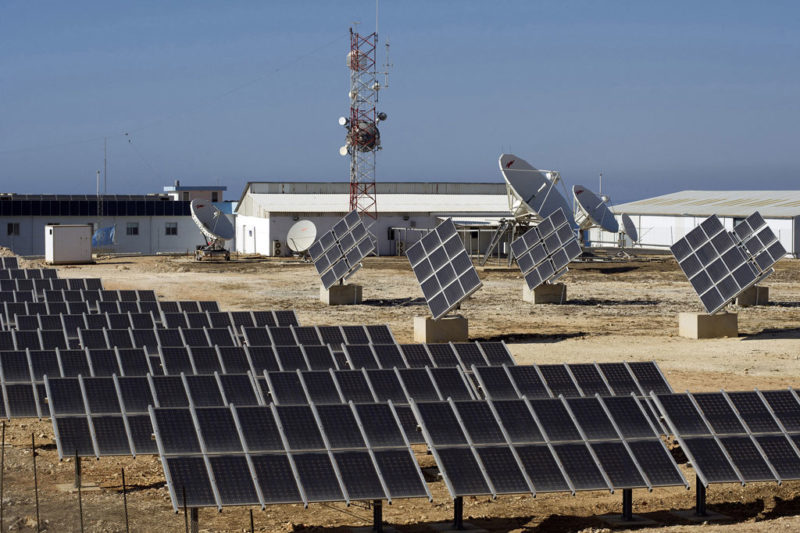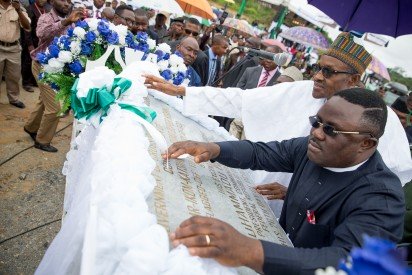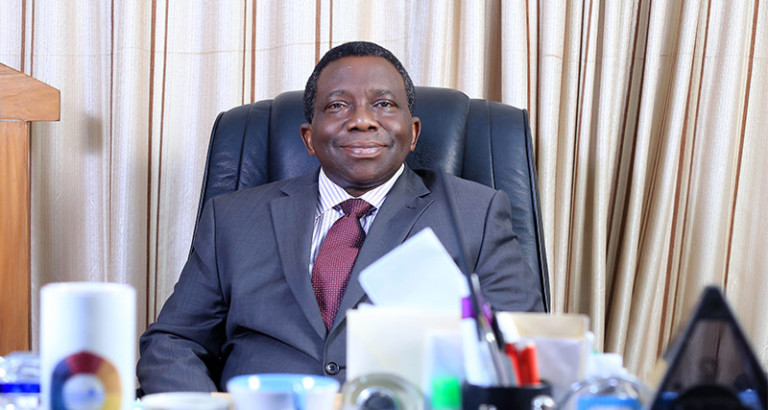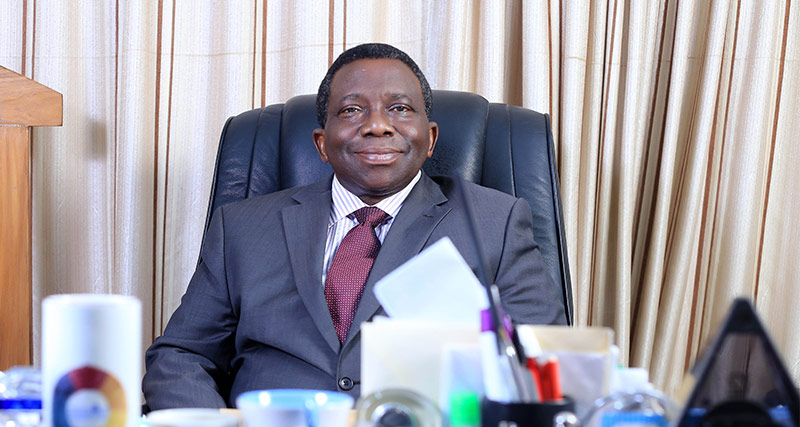The Zambia and Malawi have launched a K15 million project for the construction of the water and sanitation schemes for border posts of Chanida, Mwami and Mchinji.
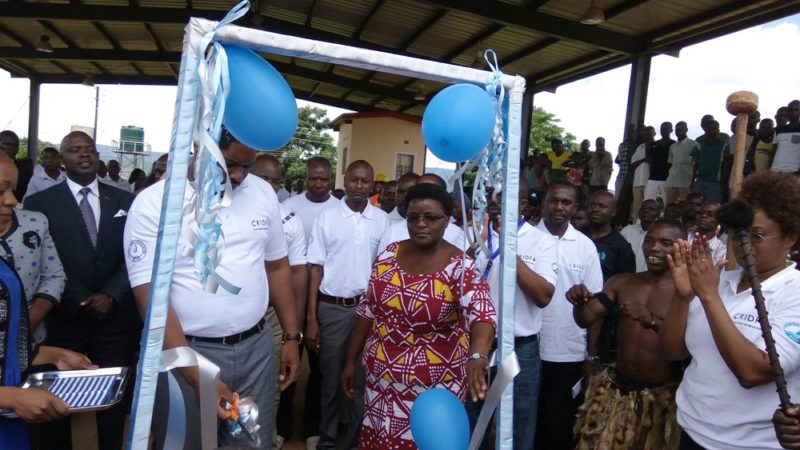
The project is funded by the Department for International Development (DFID), Climate Resilient Infrastructure Development Facility (CRIDF) on three border areas of which two are on the Zambian side while one was on the Malawian side.
The Zambia’s Eastern Province Minister, Makebi Zulu, during the launch of water and sanitation schemes held in January at Mwami Border in Chipata District of Eastern Zambia described the availability of water and good sanitation today as human rights.
The minister said through acting Permanent Secretary, Patrick Mwanawasa, that his government would endeavour to provide the services through commercial utilities like Eastern Water and Sewerage Company (EWSC).
He said the company, together with Central Regional Water Board through CRIDF and the British Government, have worked on the commencement works of the water reticulations at the border towns.
Mr Zulu said the project involves the construction of a water supply system and an ablution block in Mwami and Mchinji as well as the rehabilitation of the existing ablution block at Chanida border.
“This project is targeting the border areas taking into consideration the travelling public and also the residents. Over 6,000 travellers and 1,500 households are expected to benefit from this project,” he said.
He said the water reticulation for the three border areas would promote good health and bring dignity to the residents and travelling public.
With the present situation in the three border areas, the minister said residents and travelling public especially truck drivers who were marooned for days at the borders would get good drinking water and sanitary services.
Mr Zulu said he was aware that lack of good sanitation obstructs the right to life and health.
He commended the chiefs for giving permission to EWSC and CRWB to put up the facilities in the border areas.
He appealed to the travelling public and the residents to protect the facilities which would contribute to good sanitation and lead to a reduction of water borne disease in the three border areas.
Speaking earlier, Malawian Principal Secretary in the Ministry of Agriculture, Irrigation and Water Development, Erica Maganga, said the scope of the project on the Malawian side shall include drilling and equipping of three boreholes, laying of transmission and distribution pipeline network and construction of a water tank, an ablution block and two communal water points.
Mrs Maganga said this would serve cross-border travellers, the local community as well as the general public at the border town with sanitary and health facilities.
“Individuals that can afford individual household water connections shall also be served. It is believed that, with the installation of the water supply system here, this border town will quickly transform because other investors are likely come in with different services,” she said.
Mrs Maganga said development of such social amenities in towns and market centres was integral to socio-economic development of the concerned towns.
She paid sincere appreciation to all the people and institutions that stretched played various roles towards realisation of the project.
EWSC Managing Director, Lytone Kanowa, said he was happy that the project was taking off.
African Brothers Limited, a Chinese contractor, is engaged to carry out the project for 112 days.
By Julius Phiri

